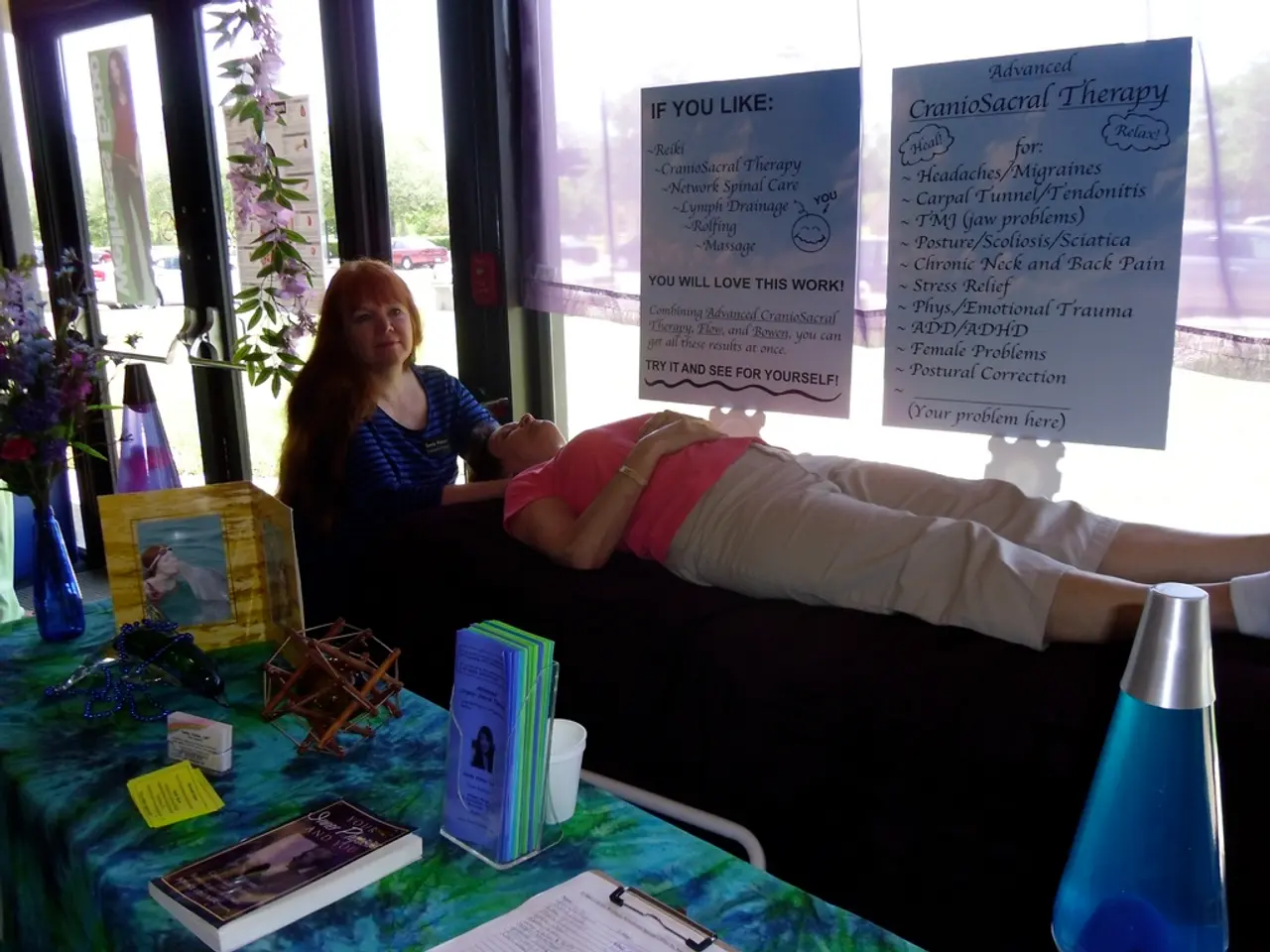Strategies for Handling Situations Where Someone Declares "I'm Unworthy of You"
In the complex world of relationships, the phrase "I don't deserve you" can often be a source of confusion and concern for both parties involved. A closer look reveals that this statement often stems from feelings of insecurity, low self-worth, or past emotional pain, rather than a lack of love or care for the partner.
Common reasons behind this phrase include insecurity or anxious attachment, past toxic or abusive relationships, fear of inevitable loss, and even humble admiration for the partner. For instance, someone might feel they have to "earn" love, especially if they come from neglectful or conditional affection backgrounds. This can create an ongoing fear that they are not good enough or will eventually lose their partner.
Being treated well can feel uncomfortable or undeserved to someone who has a history of mistreatment, leading them to doubt their worth in the current relationship. A person might expect a relationship to end badly because of previous experiences, prompting them to distance themselves emotionally by saying "I don't deserve you" as a preemptive way to cope with possible heartbreak.
Sometimes, the phrase is a way to express deep admiration and respect for the partner, highlighting how much they are valued even if the speaker feels flawed. However, it can also be a manipulative tactic to elicit reassurance or sympathy, or a sign of lack of commitment if the person repeatedly says it without taking action to address underlying issues.
To support a partner who says this, it's advised to refocus the conversation away from "deserving" or "earning" love, and instead emphasise that love is given freely and unconditionally, appreciating them for who they are rather than what they do.
The decision to stay or leave should be based on what is best for your own well-being. Seek support from trusted friends, family members, or a therapist to process emotions and gain perspective. Self-reflection is important to understand your own role in the relationship and your own insecurities and needs.
In some cases, toxic or abusive behavior, such as gaslighting, manipulation, or emotional abuse, should prompt immediate removal from the situation. If the statement is accompanied by other forms of emotional abuse, it's crucial to prioritise your safety and well-being.
The experience can be an opportunity for healing and growth, regardless of whether you decide to stay or leave. Prioritise self-care activities that bring you joy and help you feel grounded. Learn from the experience to better understand your needs, boundaries, and communication style for building healthier relationships in the future.
Couples therapy can be a valuable tool in addressing the underlying issues that lead to someone saying "I don't deserve you." Incompatible values or goals can make a relationship unsustainable in the long run. Sometimes, it's used to create distance, avoid deeper commitment or intimacy, or as a subconscious tactic.
In summary, the phrase "I don't deserve you" usually reflects internal struggles rather than problems in the relationship itself, and understanding its root can help partners communicate and reassure each other more effectively.
In the realm of self-growth and personal development, recognizing the root causes of the phrase "I don't deserve you" in relationships is crucial for mental health and wellness. This phrase often arises due to insecurities, past traumas, or deeply ingrained patterns of thinking related to self-worth, learned primarily from previous experiences with education-and-self-development. As one embarks on a journey of healing and lifestyle improvement, prioritizing self-care, supportive relationships, and therapy can facilitate growth and help avoid repeating toxic patterns in future relationships. Additionally, understanding the value of unconditional and freely given love, as opposed to earning it, can significantly impact one's ability to build healthier and more fulfilling relationships.




